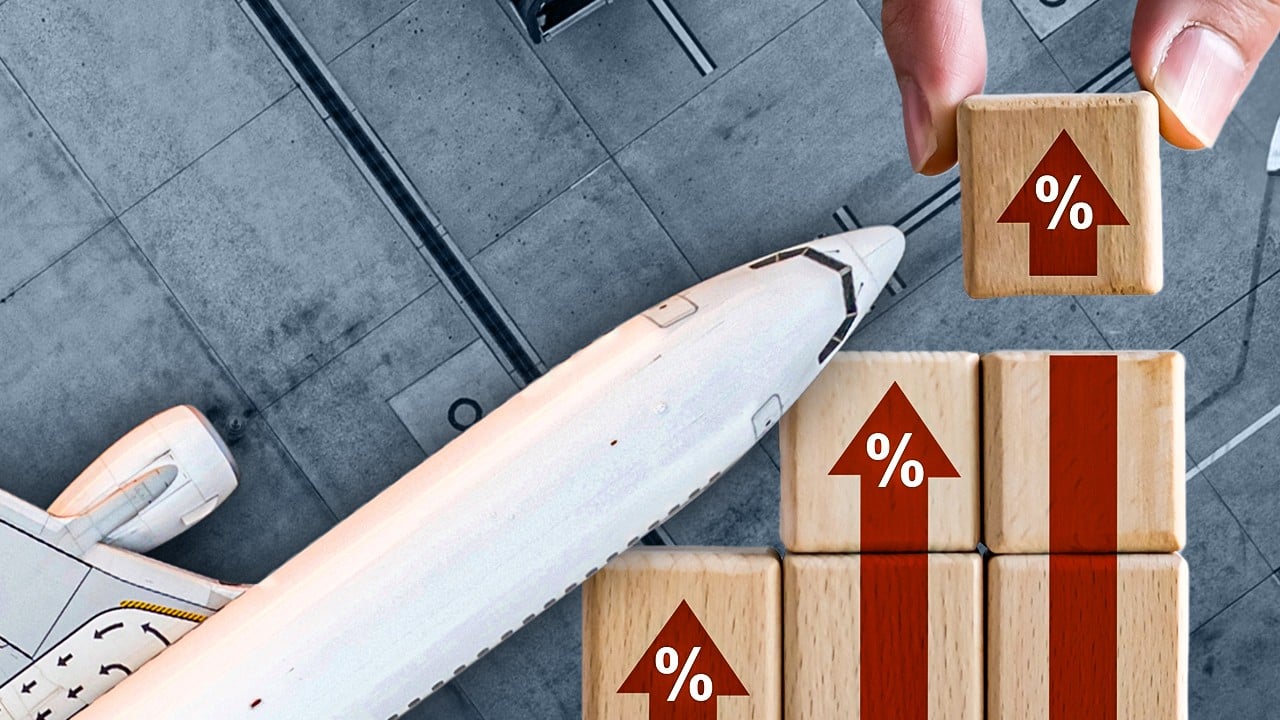
Fly budget, stay luxury – or vice versa? The hotel choices travellers make, and why
- Accommodation choices vary between travellers and depend on personal preference, the purpose of a trip and budget. Whatever the pick, first impressions matter
- A hotelier tells us why they book the best they can afford, and travellers why they do and don’t value luxury and the factors they weigh when making a booking
The moment Beijing-based Inna Nolde opens the door to her hotel room determines how she is likely to feel during an entire holiday. And the Russian has learned the hard way not to take any chances when it comes to choosing accommodation.
When she stayed at a rat-infested Airbnb property in South Africa with her mother, the owner denied the problem and asked: “Don’t you have rats in Russia?”
Her pre-travel research now consists of checking not only the photographs and reviews on booking sites but also YouTube videos posted by previous guests.
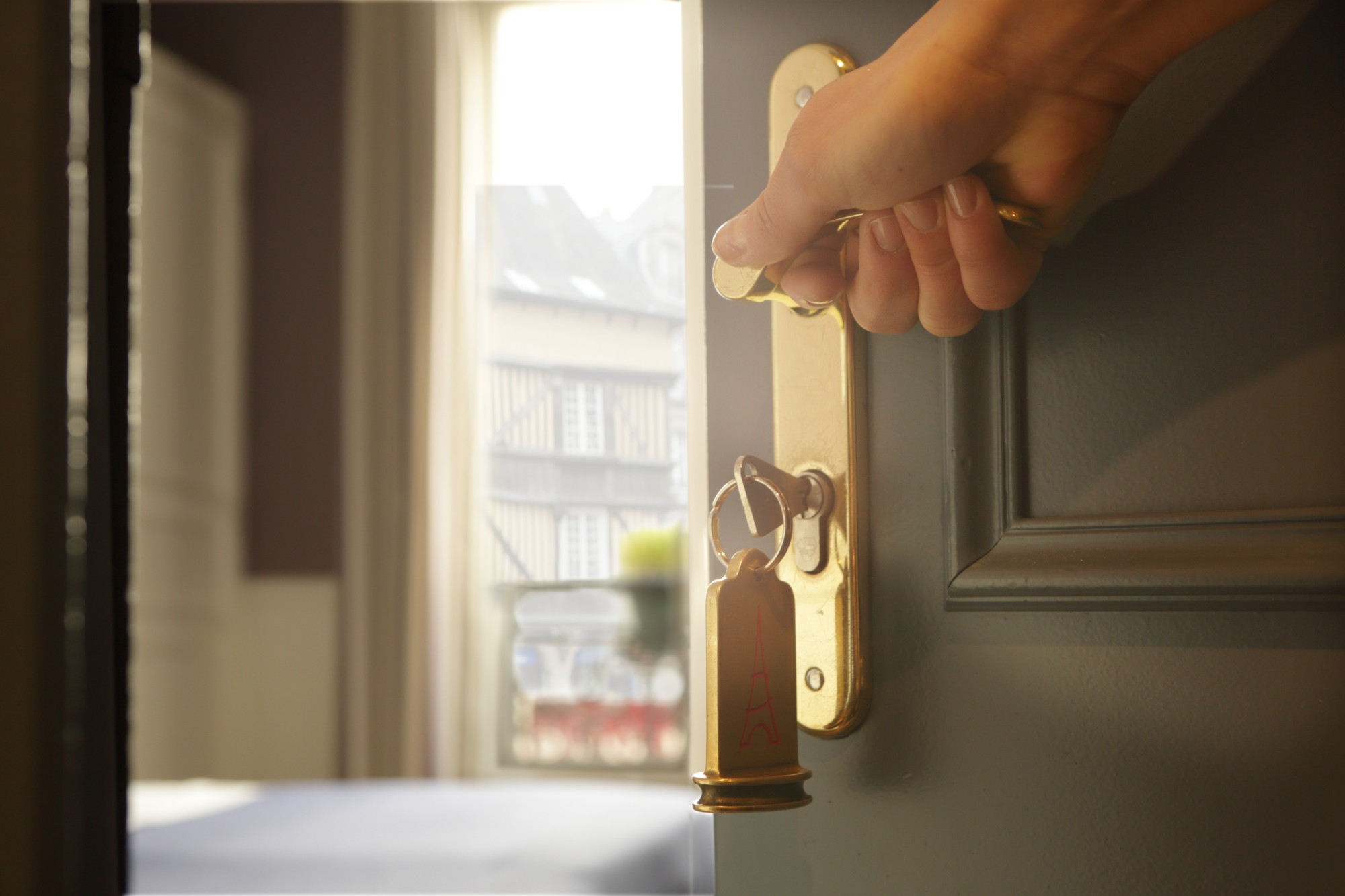
“The pictures and reviews of the hotel I had originally chosen for a recent trip to Koh Rong, in Cambodia seemed great but in some of the videos, you could see that it was right by the busy pier and that the swimming pool was way too crowded,” she says. “So we picked another hotel.”
Nolde usually books top-rated accommodation, but when travelling in European cities where certain facilities like swimming pools are not a necessity she will sometimes settle for three stars.
“The rating varies hugely from continent to continent. So, for example, you can find relatively nice three- or four-star-hotels in Paris whereas in China, you need five-star in order to get that optimal service and luxury feel,” she says.
For other travellers, accommodation is less of a priority.
Although Belgium-based Sara Skjaerlund, 44, can afford a luxury hotel from time to time, she prefers to spend her money on experiences instead.
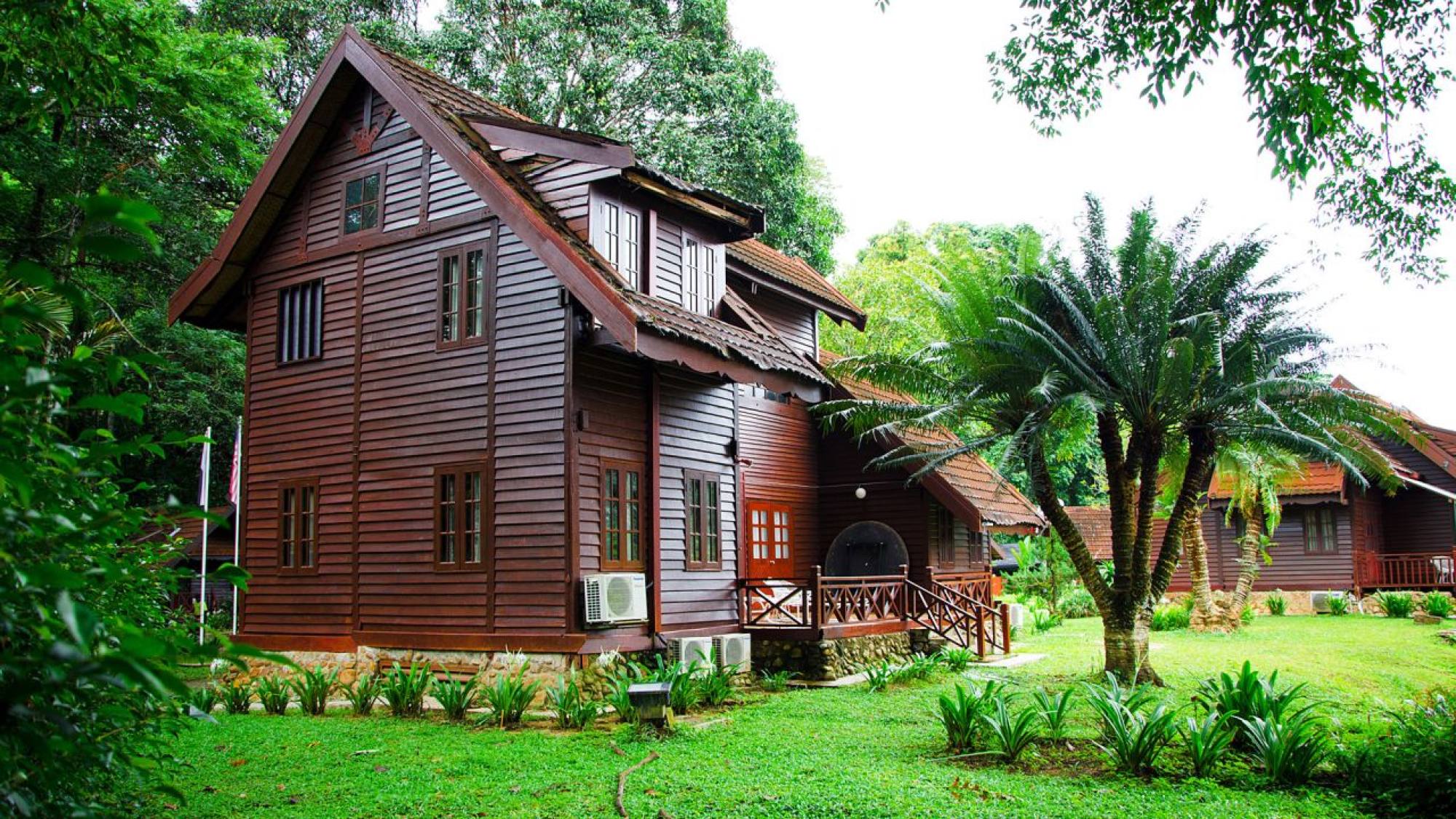
“Friends had recommended the luxurious Taaras Beach & Spa Resort in Redang, but I would never dream of spending that kind of money on a beach holiday – especially if I know that we have a lot of activities planned outside the hotel,” says Skjaerlund.
She rarely regrets her basic accommodation choices, although her 10-year old daughter complains that she has never enjoyed a sumptuous hotel buffet breakfast.
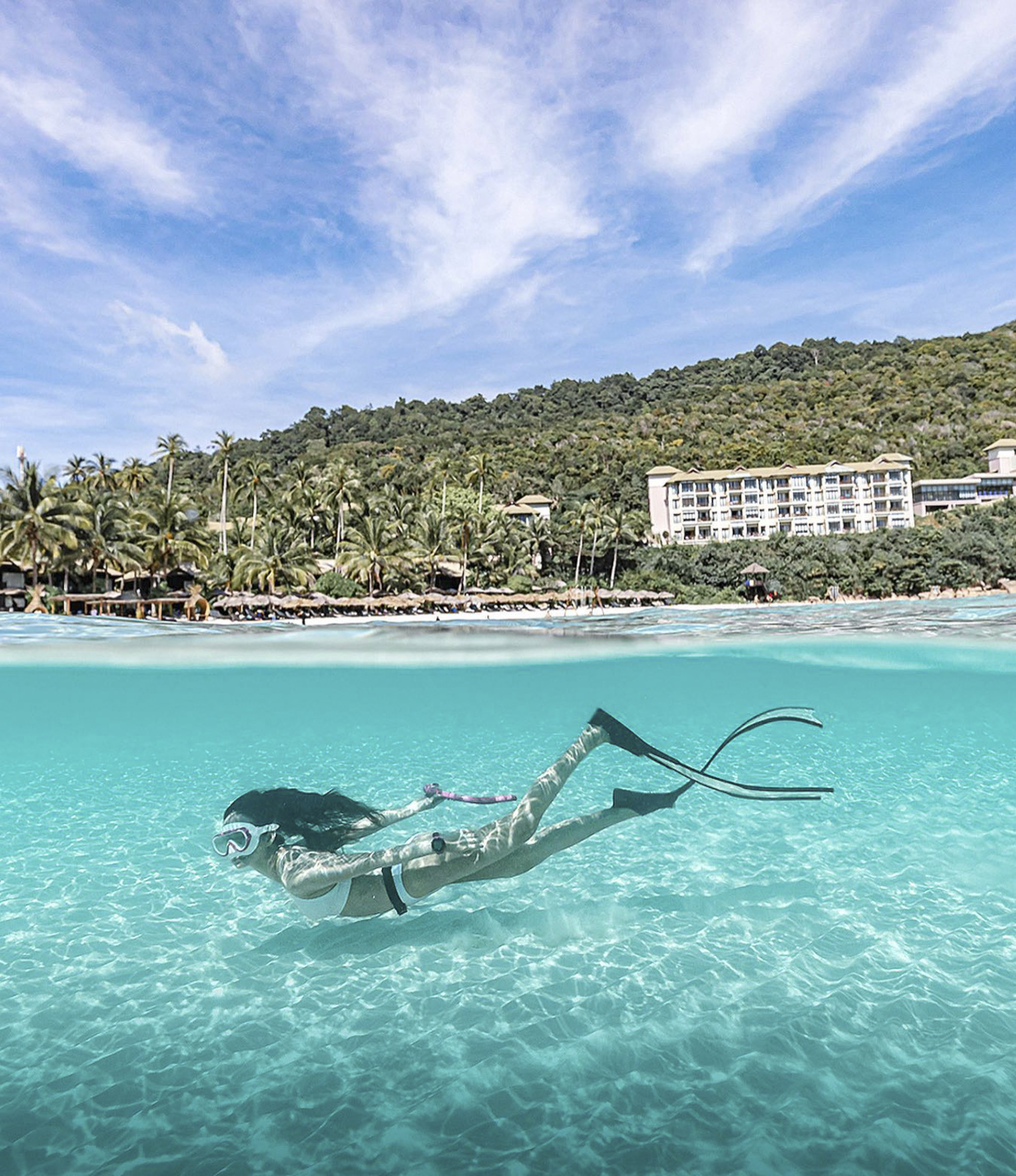
Accommodation choices vary from traveller to traveller, of course, and they depend on not just personal preference, but also on the purpose of a visit and one’s budget.
“The consumer may choose to spend money on exclusive dining and sightseeing but then stay in a budget hotel or, on the contrary, fly a budget airline and spend less on dining and sightseeing but stay in a luxury hotel,” says Professor Neethiahnanthan Ari Ragavan, executive dean of the Faculty of Social Sciences & Leisure Management at Taylor’s University, Malaysia.
Adam Rose, a mental health counsellor based in Shenzhen, southern China, believes that the standard of accommodation matters to all travellers but how we view the environment is different for each person.
All travellers need security and bathroom facilities, but, says Rose: “For those more insistent on luxury, the accommodation might mean that they’ve arrived at a place in life they feel good about and, to some degree, they’re using this particular booking to cement their satisfaction or celebrate their achievements and sacrifices.”
In general, I book the best I can afford and if I know that I’ll be spending a lot of time outside the hotel, I will choose an entry-level suite
Luxury hotels pay a lot of attention to the moment guests open the door to their room. Apart from cleanliness and a quality set of sheets, the temperature must be right, the smell pleasant and there should be something that draws the attention of the guest.
“It can be a flower, a welcome amenity or a welcome card from the general manager,” says Christian Tavelli, general manager of the Mandarin Oriental hotel in Kuala Lumpur, Malaysia.
When it comes to choosing accommodation for himself and his family, Tavelli takes into consideration the goal of the holiday: will it be for relaxation, for adventure, a culinary experience or a “field trip” to experience what other luxury providers have to offer.
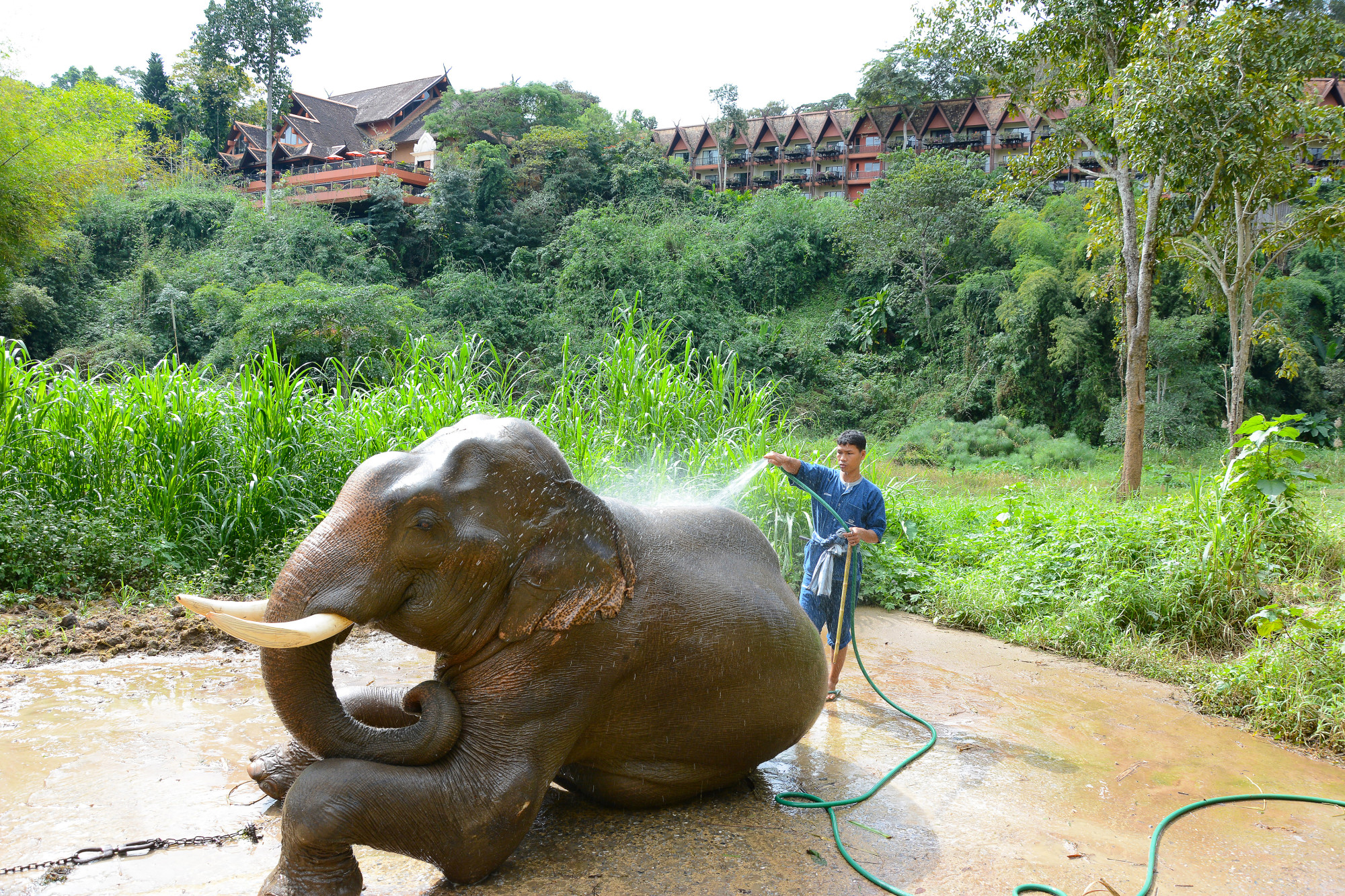
“In general, I book the best I can afford and if I know that I’ll be spending a lot of time outside the hotel, I will choose an entry-level suite [instead of something more spacious] as I like to have just a bit more than a room,” he says.
In March, Freya Hvass, 32, and Andreas Høier, 28, left their native Denmark to backpack through the Asia-Pacific region.
Using the filters on Booking.com, they select only private rooms in a central location close to airport transportation.
“We will then narrow it down further by looking at the ranking and number of reviews and finally, if there are several options left, we will consider whether there is a pool, private bathroom, nice shared areas and whether breakfast is included,” says Hvass.
The pair have not dismissed Airbnb-style accommodation, but they have found such options in Australia and New Zealand to be substantially pricier than hotels.
“We are pretty sure that private lodging will be cheaper in Asia so we look forward to exploring this option too,” says Hvass.
Those for whom money is not an issue wanted to have their every need met by someone else, while those travelling on a tight budget just wanted a clean bed
In a paper published in the International Journal of Contemporary Hospitality Management last year, Makarand Mody, associate professor of hospitality marketing at Boston University School of Hospitality Administration, found that nearly all travellers base their final accommodation decisions on the same factors, with ratings and service among the most important.
Amenities such as pools aren’t that important and nearby public transport and neighbourhood safety don’t rank highly either.
Another conclusion from the research was that hotels, rather than Airbnb-type accommodation, appealed most to two sets of customers: those at the top end of the market and those at the bottom.
“Those for whom money is not an issue wanted to have their every need met by someone else, while those travelling on a tight budget just wanted a clean bed,” says Mody.
Despite Airbnb’s more than six million listings worldwide and revenue close to US$8.4 billion in 2022, the study concluded that the average person, all things taken into consideration, prefers to stay at a hotel.
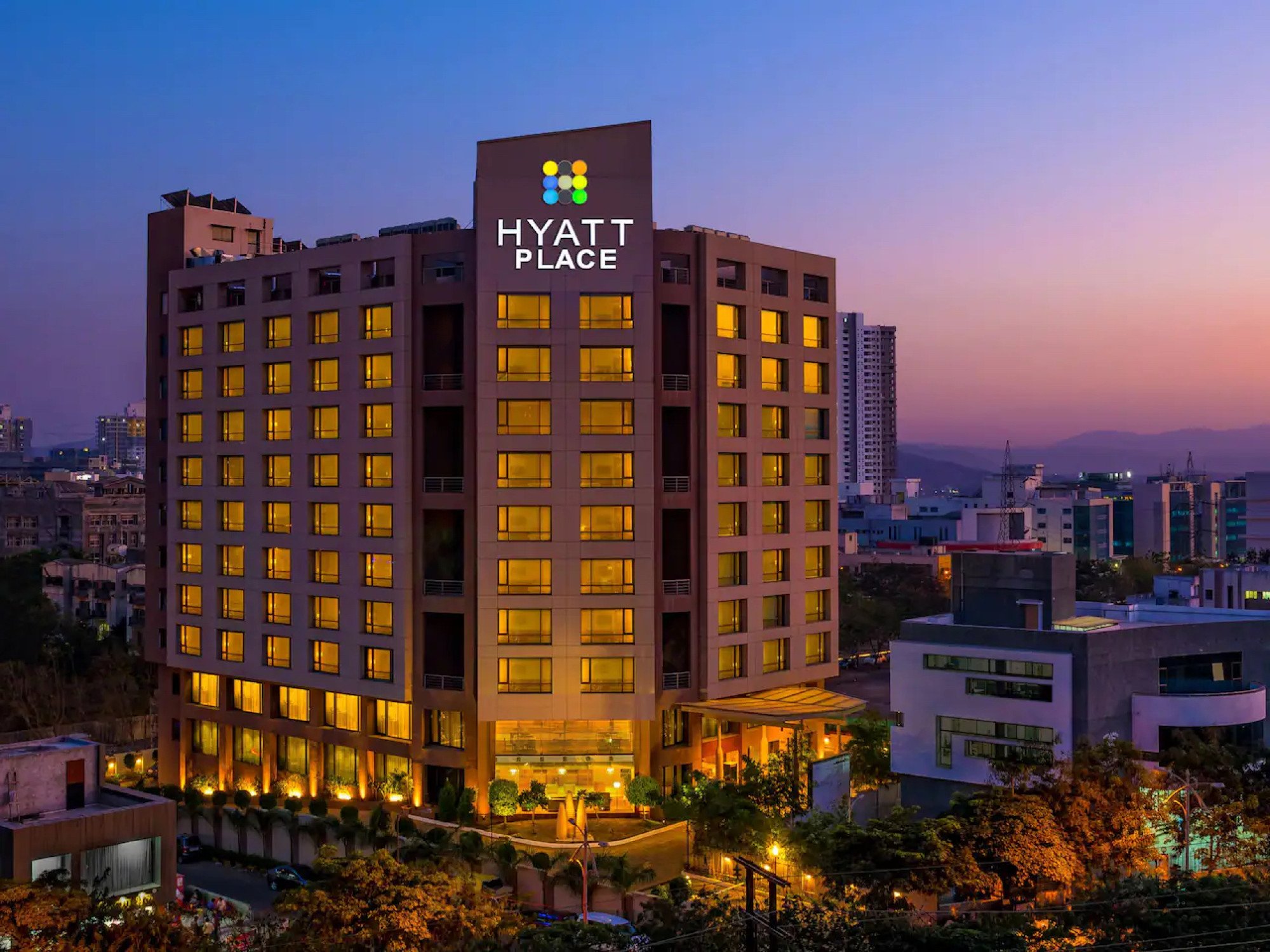
“For this first vacation in three years, I quite frankly didn’t want to be doing things on my own and I think it often comes down to that – we associate hotels with all our needs being met by staff,” says Mody.
Furthermore, easier check-in procedures, a wider range of amenities as well as concierge services and safety around the clock may be factors in play for “hotel people”.
There is no one-size-fits-all accommodation checklist that suits all travellers, but, if we ask ourselves how our choice of lodging affects our overall travel experience, we may do like Nolde and imagine the moment when we first open the door to our room.


